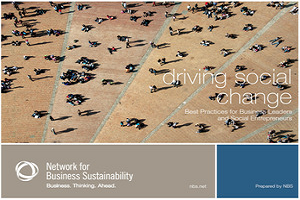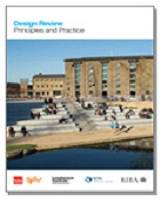February 25, 2013
Updated: nearly all London boroughs seek exemption from office conversion plan

Earlier, we reported that London’s Mayor Boris Johnson openly believes that London’s key business districts should be exempt from proposals to allow offices to be turned into homes without planning permission. Now a report emerges from CBRE that all but a handful of London’s boroughs are to seek to make themselves exempt from the rules. According to the research, only Barking and Dagenham, Greenwich, Croydon and Kingston are unlikely to seek an exemption. Four other boroughs are discussing plans with the Greater London Authority (GLA) and the remaining 25 are set to apply to make themselves exempt.






















February 25, 2013
Are you working or shirking from home?
by Sara Bean • Comment, Legal news, Technology, Workplace
During recent weather-related travel disruption, I was inundated with various pieces of information on software that spies on home based employees to check that they really are working, not shirking from home. As Acas opens a consultation on a draft Code of Practice regarding the extended right to request flexible working; and figures from the Office of National Statistics (ONS) show the number of people working from home in the UK has risen to over 10 per cent – the advent of these systems begs the question: do employers really trust their staff enough to let them work remotely?
(more…)